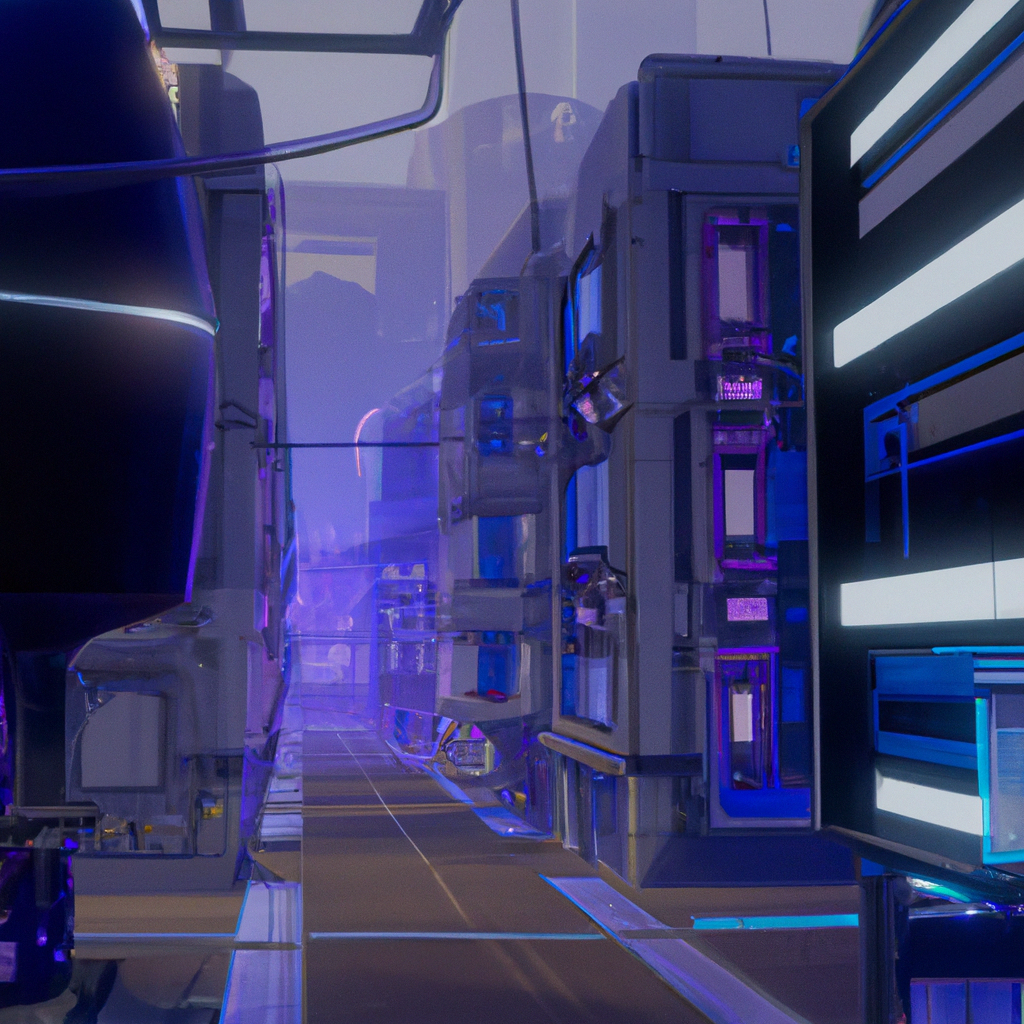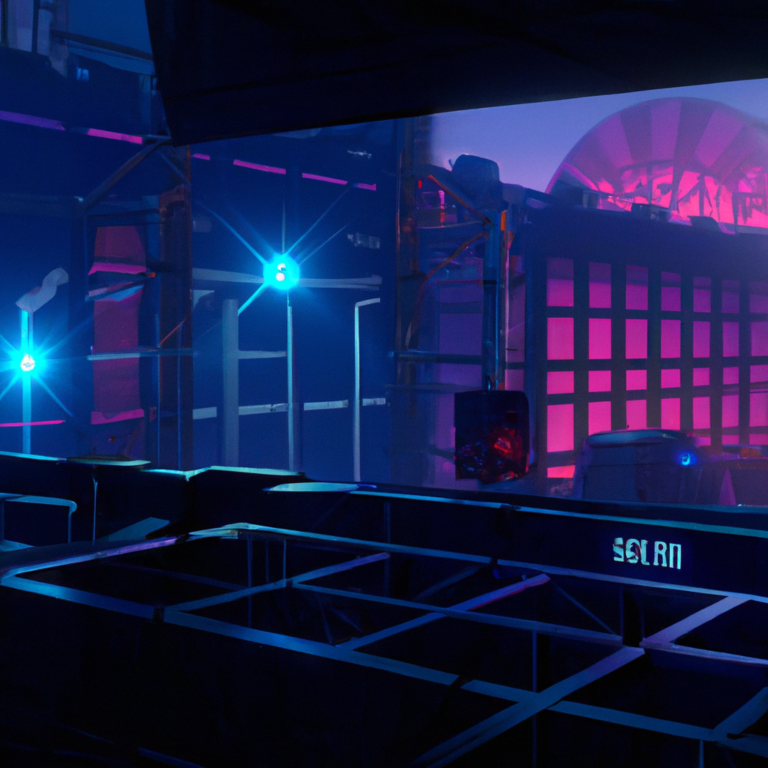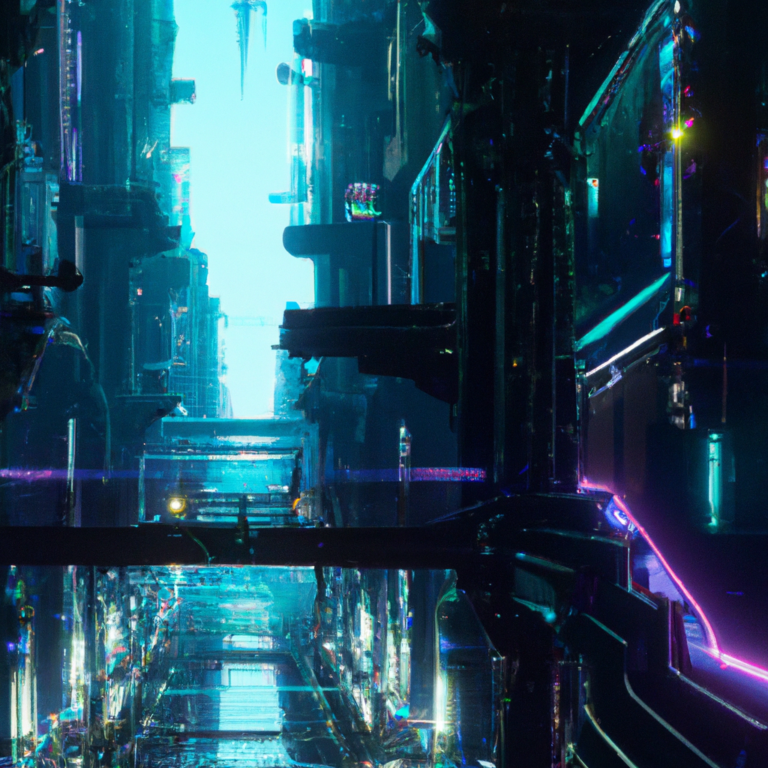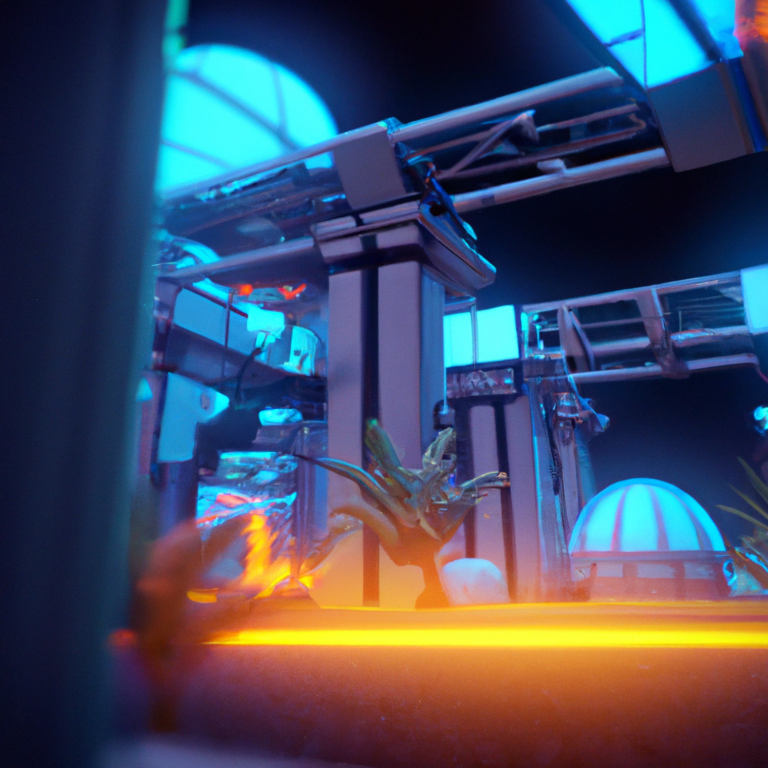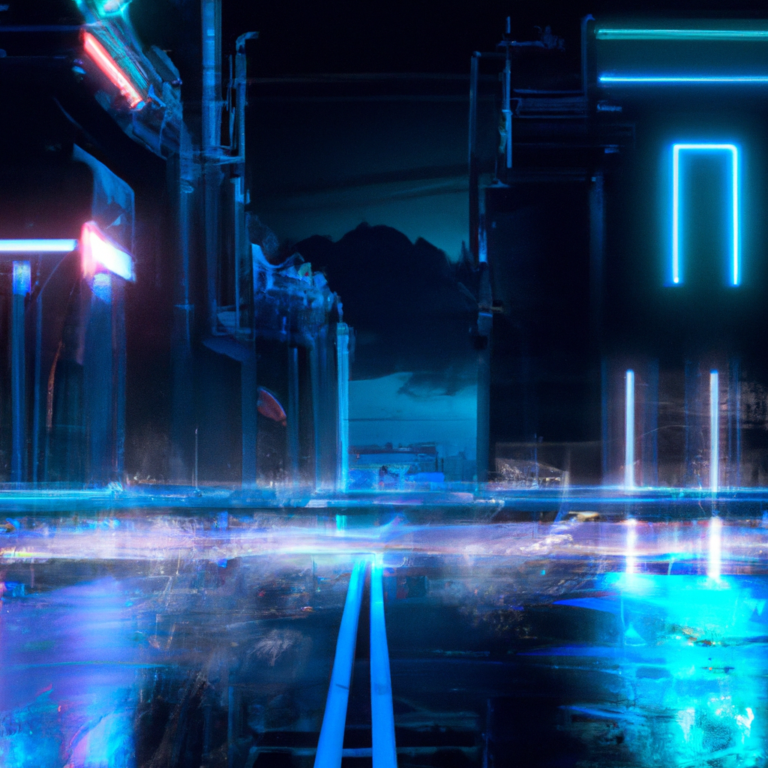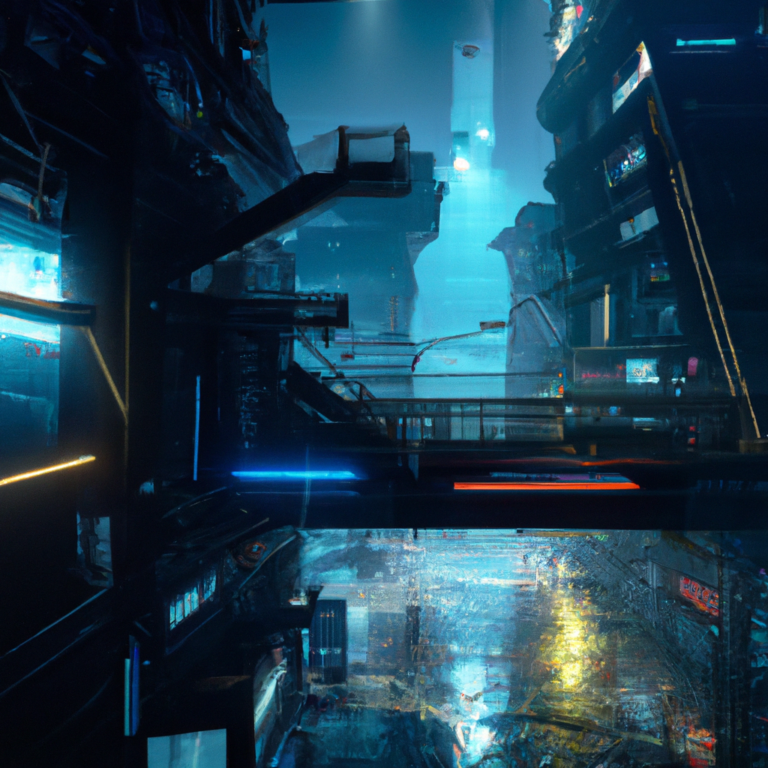“Revolutionizing Gaming: Exploring the Role of AI in Procedurally Generated Game Assets”
The gaming industry has been growing exponentially over the years, with new advancements in technology shaping the landscape of gaming experience. One such breakthrough that has gained significant attention in recent times is the use of Artificial Intelligence (AI) in procedurally generated game assets. The method of procedural generation has been around for quite some time, but AI has revolutionized it, elevating the gaming experience to a whole new level. In this blog post, we take a deep dive into how AI is being used in procedurally generated game assets and its implications on the gaming industry.
Procedural generation is a method of creating game assets, such as levels, textures, and characters, using algorithms rather than manual efforts. This approach enables game developers to create vast and expansive game worlds with relatively little input, as the algorithms can generate unique content based on specific rules and parameters. However, traditional procedural generation techniques have often been criticized for their lack of diversity and realism.
Enter AI, which has the potential to transform the way procedurally generated game assets are created. AI algorithms can learn from existing examples and create assets that are more diverse, realistic, and engaging. Here are some of the key aspects where AI is making a difference:
1. Enhancing Visuals: AI can be used to create high-quality textures and 3D models that are much more detailed and realistic than traditional procedural generation techniques. This is achieved through machine learning algorithms that can analyze a vast number of samples and generate assets that are more in line with human-made content. This can result in more stunning visuals for games, providing a more immersive experience for players.
2. Personalizing Game Experience: AI can also be instrumental in tailoring the gaming experience for individual players. By analyzing player behavior and preferences, AI can create procedural game assets that cater to specific playstyles and interests. This can lead to a more engaging experience, as players are presented with content that resonates with their preferences and encourages exploration.
3. Improving Level Design: AI can create more complex and engaging level designs by analyzing player behavior and learning what types of challenges and environments are most enjoyable. This can lead to more dynamic and interesting levels that keep players engaged for longer periods.
4. Generating Narrative Content: AI can also be used to generate narrative content, such as character dialogue or storylines. By analyzing existing content, AI can create unique and engaging narratives that can be tailored to individual players’ preferences and playstyles. This can add depth and richness to the gaming experience, as players become more invested in the game’s story and characters.
5. Streamlining Game Development: AI-powered procedural generation tools can help game developers create content more quickly and efficiently. Instead of spending countless hours designing and modeling game assets, developers can focus on other aspects of game design and development, such as fine-tuning gameplay mechanics and creating a more polished final product.
Despite the incredible potential of AI in procedurally generated game assets, there are challenges that must be addressed. One of the main concerns is the loss of artistic control, as AI-generated content can be unpredictable and may not always align with the vision of the developers. Additionally, the ethical implications of AI-generated content must be considered, as it raises questions about authorship and intellectual property rights.
The use of AI in procedurally generated game assets is still in its infancy, but it is already clear that it has the potential to revolutionize the gaming industry. By creating more diverse, engaging, and personalized content, AI can help create truly memorable gaming experiences for players. As technology advances, it will be exciting to see how AI continues to shape the world of gaming and the limitless possibilities it presents.

